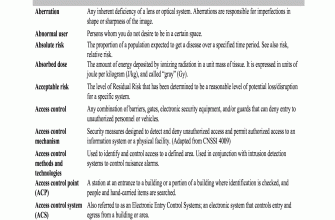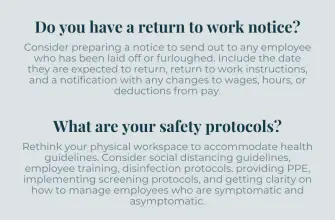Mastering the verbal warning procedure at work is an essential aspect of employee discipline. It is a crucial tool for maintaining a productive and harmonious work environment. This guide will provide you with a comprehensive understanding of the verbal warning procedure, its implications, and how to effectively implement it in your workplace. We will also address common questions such as ‘do warnings go on your record?’, ‘how long does a warning stay on your record?’, and ‘what is a verbal warning?’.
Understanding Verbal Warnings
A verbal warning, also known as a verbal reprimand, is a form of disciplinary action taken by an employer to address an employee’s misconduct or poor performance. It is usually the first step in a progressive discipline process, which may escalate to written warnings, suspension, or even termination if the employee’s behavior does not improve.
Verbal warnings are typically given in a private meeting between the employee and their supervisor or HR representative. The purpose of a verbal warning is to alert the employee to their unacceptable behavior, explain the expected standards, and give them an opportunity to improve.
Verbal Warning vs Written Warning
While both verbal and written warnings serve the same purpose, they differ in their formality and documentation. A verbal warning is an informal conversation, while a written warning is a formal document that is kept in the employee’s record. However, it is good practice to document a verbal warning in writing for future reference.
Do Warnings Go on Your Record?
One common question employees have is, ‘does a verbal warning go on your record?’ The answer depends on the company’s policy. While a verbal warning may not officially go on an employee’s record, it is often documented by the employer for future reference. This documentation can be used as evidence of the disciplinary process if the employee’s behavior does not improve and further action is required.
How Long Does a Warning Stay on Your Record?
The duration a warning stays on an employee’s record varies depending on the company’s policy. Some companies may remove warnings from an employee’s record after a certain period of good behavior, while others may keep them indefinitely. It is important for employees to understand their company’s policy on this matter.
How to Issue a Verbal Warning
Issuing a verbal warning effectively requires careful preparation and execution. Here are some steps to follow:
- Identify the issue: Clearly define the employee’s misconduct or poor performance that warrants the warning.
- Prepare for the meeting: Gather all necessary information and evidence related to the issue. Prepare what you will say and anticipate possible responses from the employee.
- Conduct the meeting: Explain the issue to the employee, listen to their side of the story, and discuss a plan for improvement. Be sure to maintain a professional and respectful tone throughout the meeting.
- Document the warning: Even though it’s a verbal warning, it’s important to document the conversation for future reference. You can use a verbal warning documentation template or a verbal warning form template for this purpose.
After the Verbal Warning
After issuing a verbal warning, it’s important to monitor the employee’s behavior and provide feedback. If the employee’s behavior improves, acknowledge their efforts. If not, you may need to escalate the disciplinary process to a written warning or further action.
What Comes After a Verbal Warning?
If an employee fails to improve after a verbal warning, the next step in the disciplinary process is usually a written warning. A written warning is more formal and is kept in the employee’s record. It clearly outlines the employee’s misconduct, the expected behavior, and the consequences of not meeting these expectations.
Conclusion
Mastering the verbal warning procedure at work is crucial for maintaining a productive and harmonious work environment. It allows employers to address issues promptly and gives employees an opportunity to improve. Remember, the goal of a verbal warning is not to punish, but to help the employee understand and correct their behavior. Therefore, it’s important to handle the process with fairness, respect, and professionalism.








